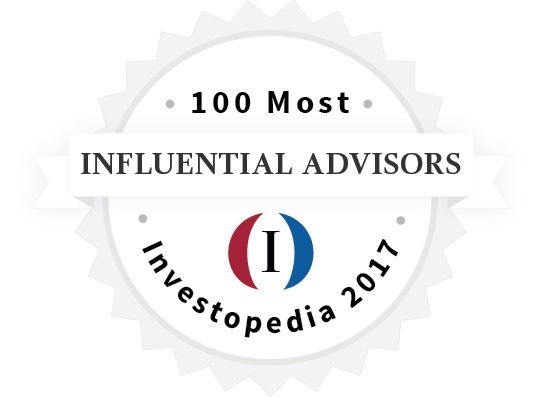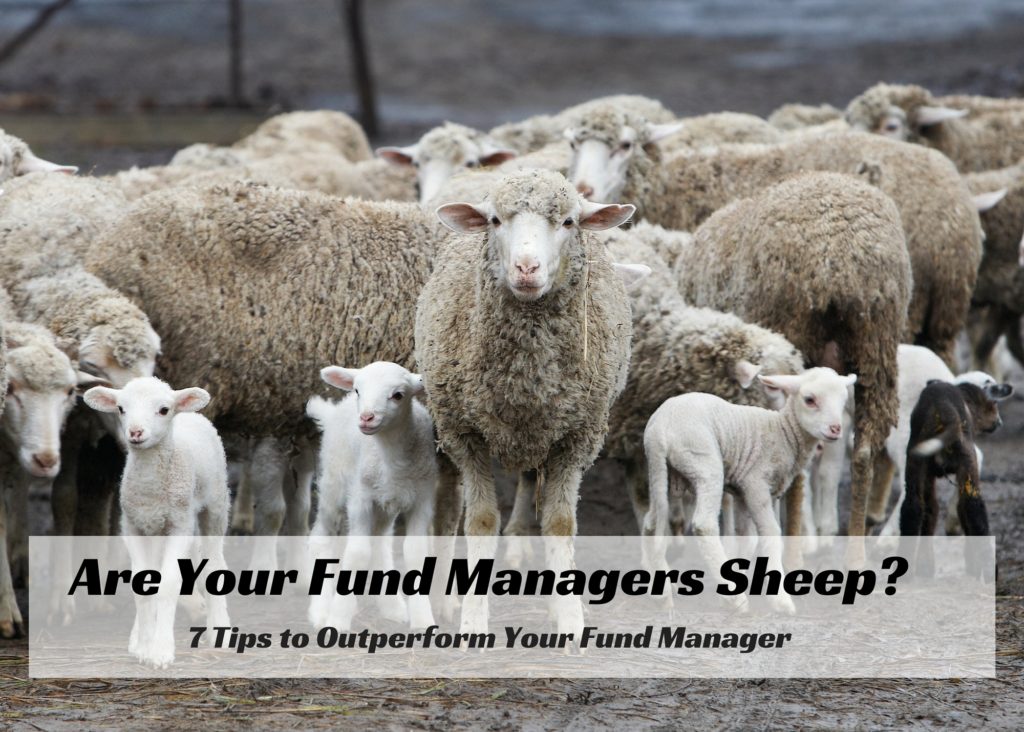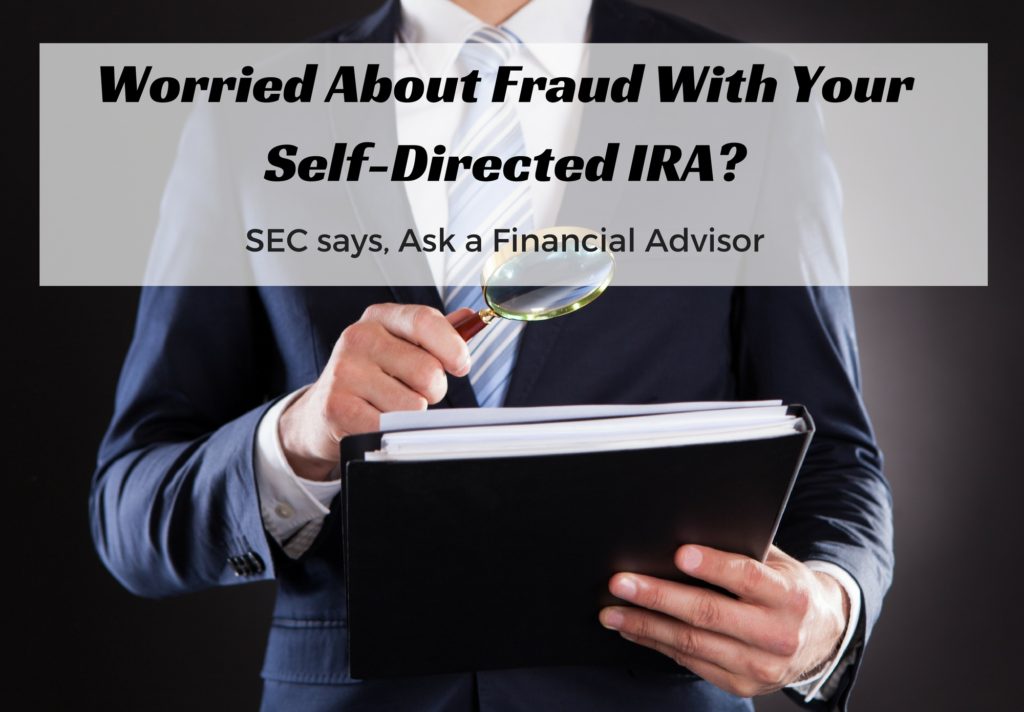Kirk Chisholm Ranks Top 100 On The Investopedia List of Most Influential Financial Advisors

I was recently notified that I was ranked #7 on the Investopedia list of Most Influential Financial Advisors. I am very grateful to receive this honor. It was somewhat unexpected. I have spent so much time trying to help investors that I have not stopped long enough to reflect on the impact I have made in the lives of my clients and social media connections. This award supports that all my efforts to educate investors and help them navigate the uncertain financial markets has not been in vain.
It means a lot to me to be recognized with such a notable group of financial advisors. Investing has always been a passion of mine. This passion started at a young age with small ventures such as a lemonade stand and lawn mowing services. In college, it continued with investing in the stock market. When I graduated, I got my first job at Paine Webber. Almost 10 years ago I co-founded Innovative Advisory Group. Investing and providing financial advice is in my blood.
As my knowledge of investing has grown, so has my desire to help others understand the mysteries of the financial markets. I hope to impart some of that wisdom to you in this post as well as other articles on this site.
Once again, I would like to thank Investopedia for this acknowledgment of my efforts. I also want to thank my clients and social media connections. I would not be where I am today without you.
Top 10 pieces of financial wisdom that can help you invest better
Investing is challenging, but it doesn’t have to be. It requires some extensive knowledge to become a highly successful investor in the stock market, but there are many ways to invest successfully. I will discuss some different ways to figure out how you can invest successfully below, however you will need to understand these simple concepts if you want to be successful long term.



